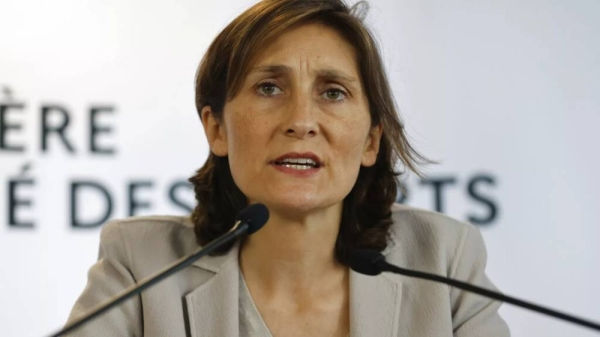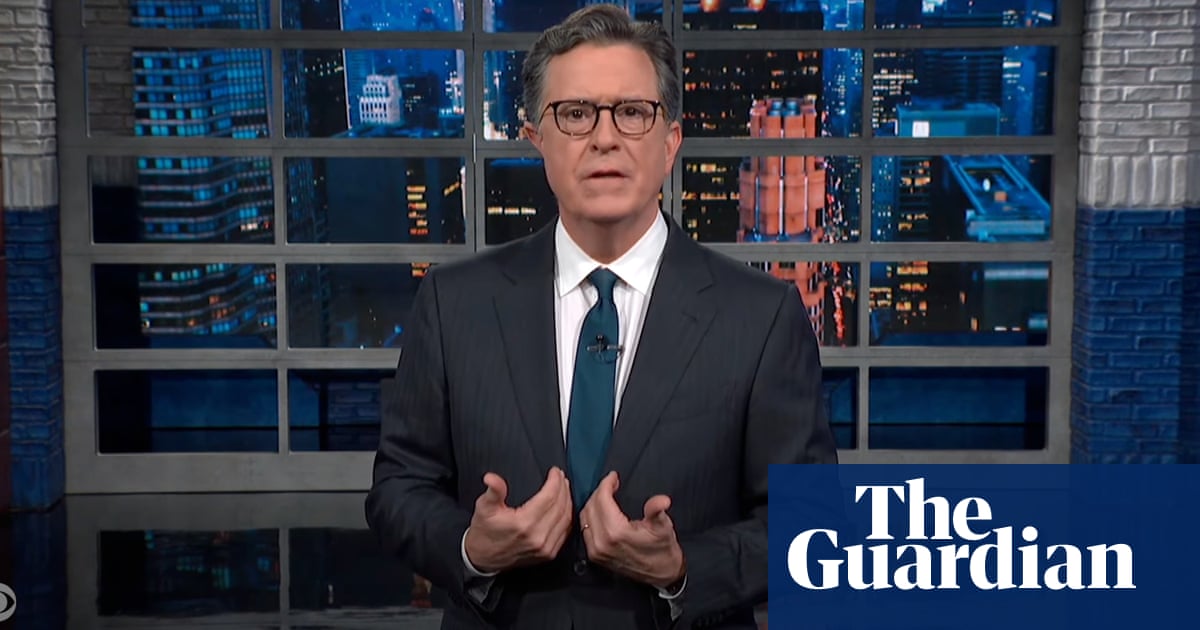
n a radically changed landscape, a familiar row erupts. Should parents meet the interruption of their children’s schooling en masse, make collective demands of the government for more emergency funding, and also remodel collectively what allowances they’re going to make for this generation? Or should those who can afford to, go private, and everyone else squander their energy arguing with them on Facebook?
Obviously I think the former. Yet a significant enough number think the latter that the Independent Schools Association has described an upsurge in enquiries, from what they describe as “high-aspirational, worried” parents. The language is disingenuous and imprecise; all parents worry, all parents aspire to a good education for their children. The argument – even while academics point out that this will merely widen the educational inequality that already existed before the pandemic – suits private schools all the same. The more the data rams home the difference between a state and a private education, the greater the hit parents will take to their incomes in order to hurl their children to the right side of that chasm.
And the differences are marked: one survey has shown that just 3% of state primary and 6% of state secondary schools managed to provide “live” online lessons, compared with 59% of private primary and 72% of private secondary schools. Teachers from most settings agree that this will show in September: privately educated students will be more advanced.
Will their advantage persist for a short time, and be flattened out by the end of their school careers? We don’t yet know, and the gamble that it won’t is plainly a source of anxiety. I saw this personally, with my children at primary and secondary school – both schools remained open, for key workers’ children. Both were preoccupied by the students who didn’t have internet access, or computers, or simply vanished when lockdown began (a friend from another local secondary school had to send the police round to one student’s house to check he still existed). Live lessons were not a priority, and as a result were sporadic, at short notice, and suffocatingly boring. (Both schools are excellent in regular conditions.)
Otherwise, the kids were left to complete work in atomised, surreal conditions. People often wonder, what happens if the kids don’t understand the work, there’s no teacher around, and no one in the household can explain it? Yet the fundamental problem is that the whole arc of formal education is to create robust social structures – combining authority, competition and fellowship – which underpin the idea that learning is important, and has meaning. The enforcement drops away as the student matures until, in an ideal world, they reach adulthood having found their own meaning, their own sense of what’s important. Nobody has it at 10, or 12.
Without all the architecture that we could loosely describe as “other people”, I would sincerely doubt that any of my kids have progressed very far in formal terms, though they’ve definitely had a crash course in that pendulum between elation and futility that is the metronome of solitary work, and that will stand them in good stead if they want to become poets. Also, my son got into one of those Fortnite tournaments where you win real money, and I’ve never been prouder.
The arguments for private schooling are all either brutish (I don’t care about other people’s children), or sentimental (I can’t put politics above my child), or arrogant to the point of silliness (state schools are excellent, but my child is too special for your excellence). The arguments against it become rancorous very fast, being personal by definition. I went to a private school myself, and have argued too many times that I don’t think 11 is an age of political responsibility.
Yet sometimes there’s enlightenment to be had. These debates are boring because they haven’t changed in 40 years; but the underlying economic conditions of the world we’re educating our children for have changed enormously. When you look at the decision to go private through an economic, rather than an ethical or social lens, it takes on a different hue.
With school fees, one is generally not buying entry into an elite, but into a solid upper middle-class – networked, privileged and, above all, insulated. The networks and the privilege persist. Even while state schools have closed the attainment gap over years of furious testing and measuring, certain universities and key professions haven’t caught up, and still select disproportionately from the private sector.
If your long game is to get your child into a Russell Group university, your school fees investment probably still makes sense. I strongly suspect, though, that the aim is never so concrete. Rather, parents seek a more amorphous social advantage, membership of a class to whom certain things don’t happen: insecure housing; a sense of being disposable and impotent in the labour market; a debt overhang; a crushing sense of uncertainty about the future.
As recently as 30 years ago, the story of inequality was the top 10% versus the rest. That’s no longer the case. The expectation of home-ownership – a fundamental means of acquiring capital and security rather than expending labour limitlessly to service rents – has already evaporated for even the comparatively well-paid. Wage stagnation, which until the financial crash was mainly a blight for the median and low paid, has reached higher earners. Factor in automation – which poses a risk to one in six middle-class jobs – and the climate crisis, and the direction of travel is emphatically not towards a stable middle class that can weather economic pressures so long as it keeps a high barrier to entry.
It’s not distinguishing or future-proofing children to separate them from the masses by means of segregated education – it is keeping them apart from the allegiances they will need. School fees, indeed, are a stranded asset – dues to a club that in 20 years time may no longer exist.












